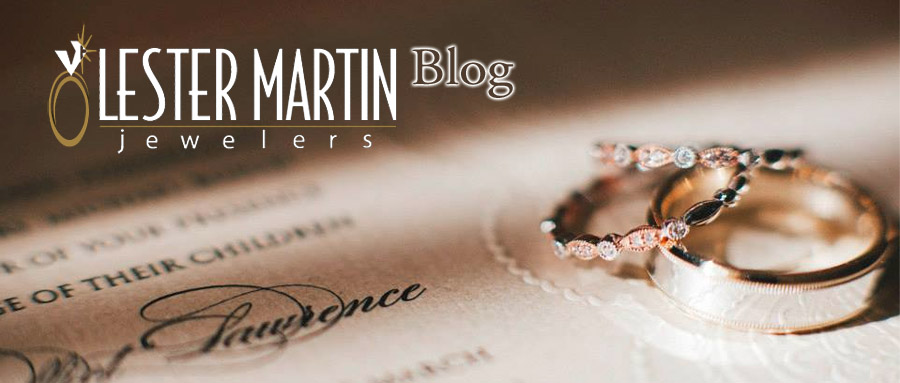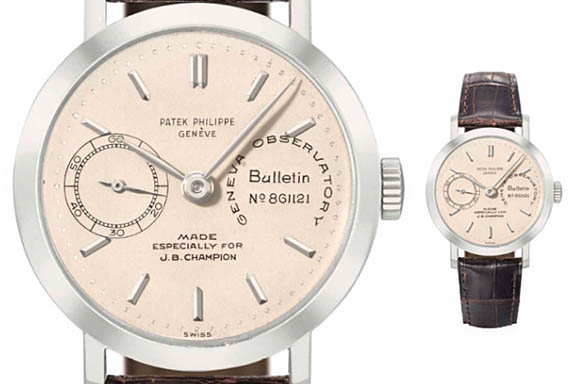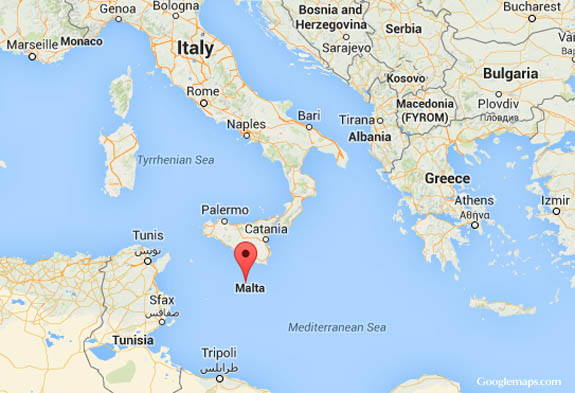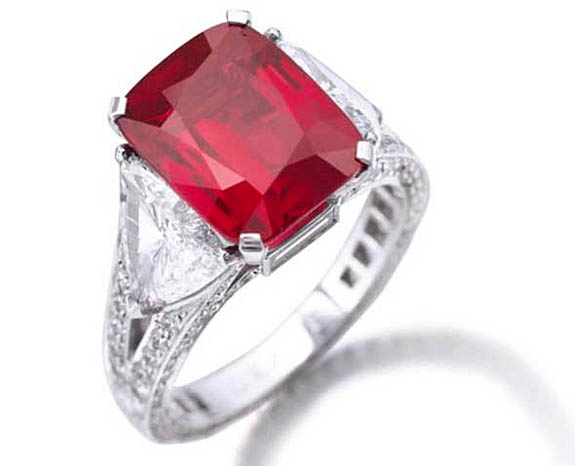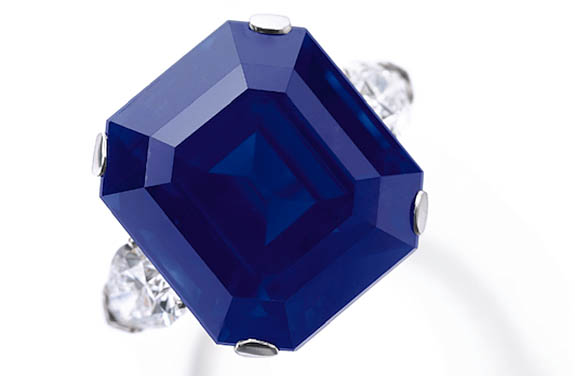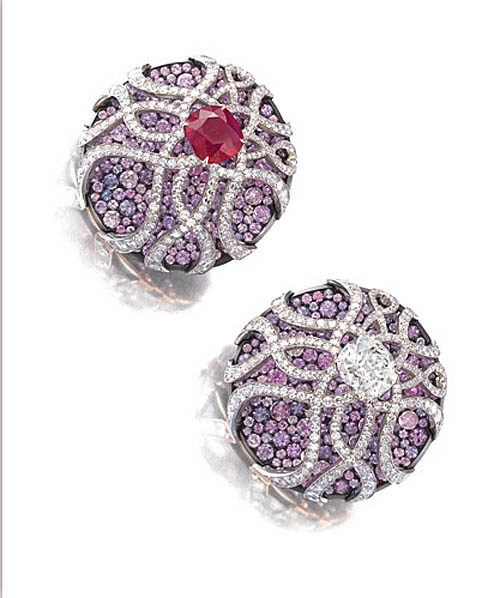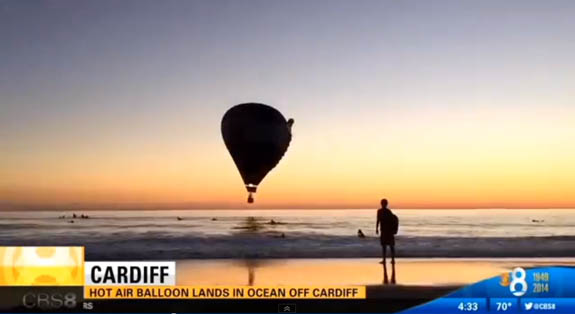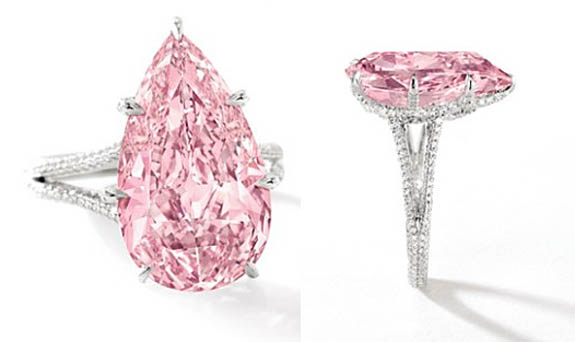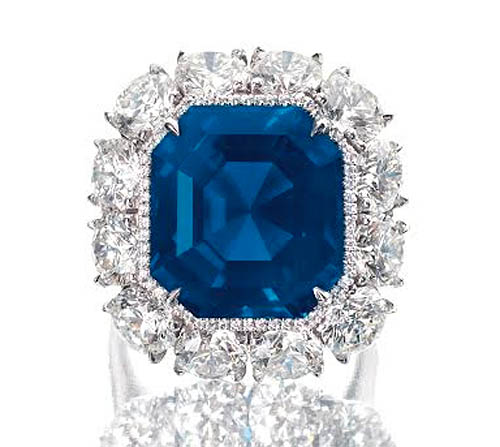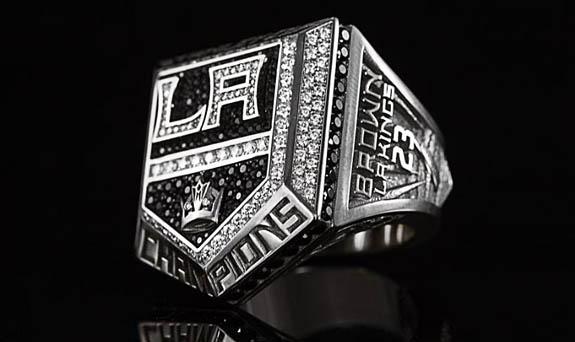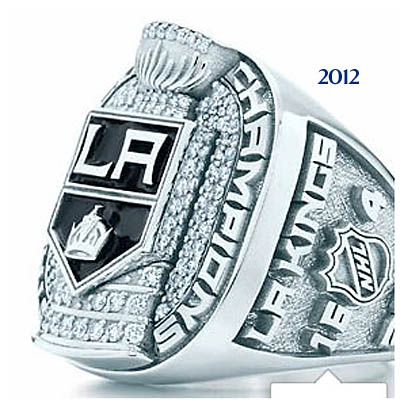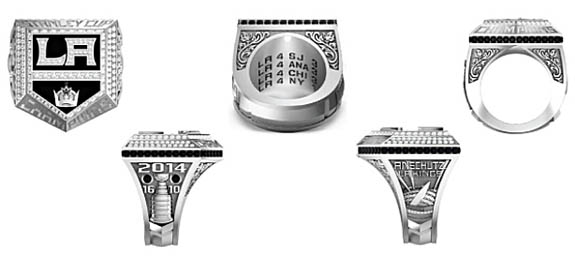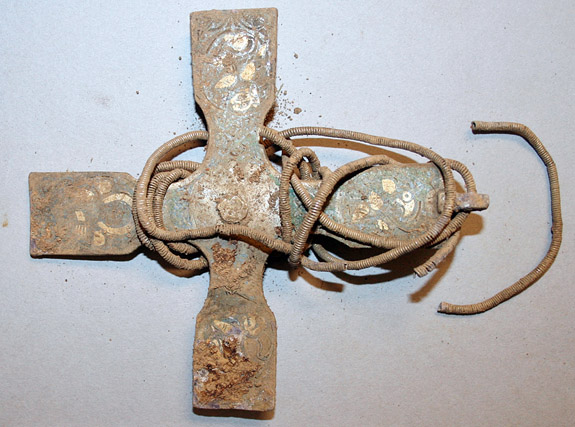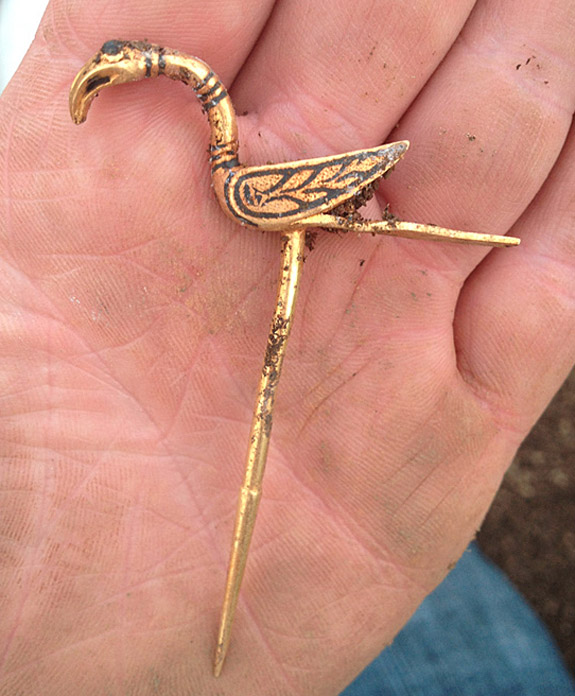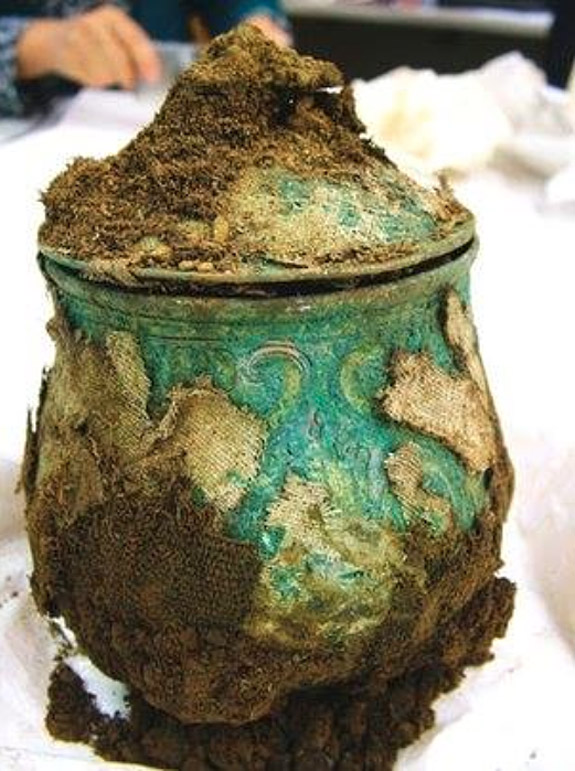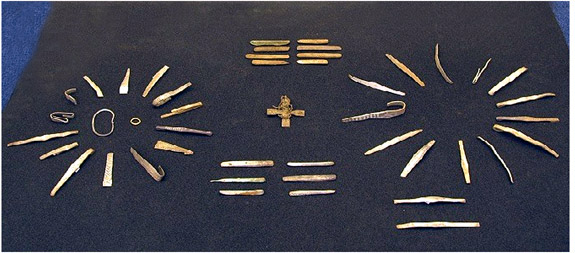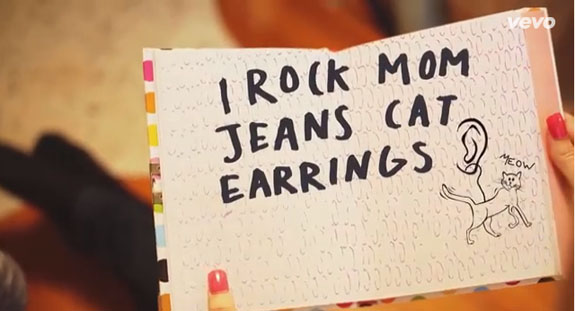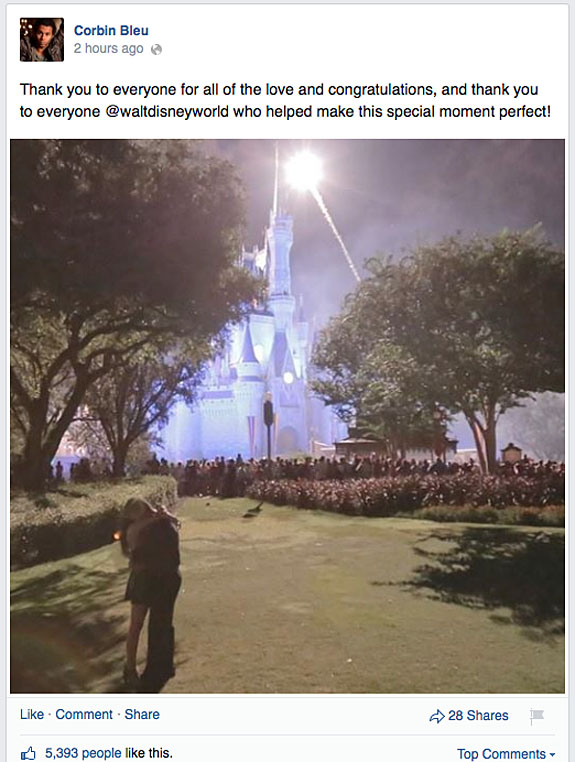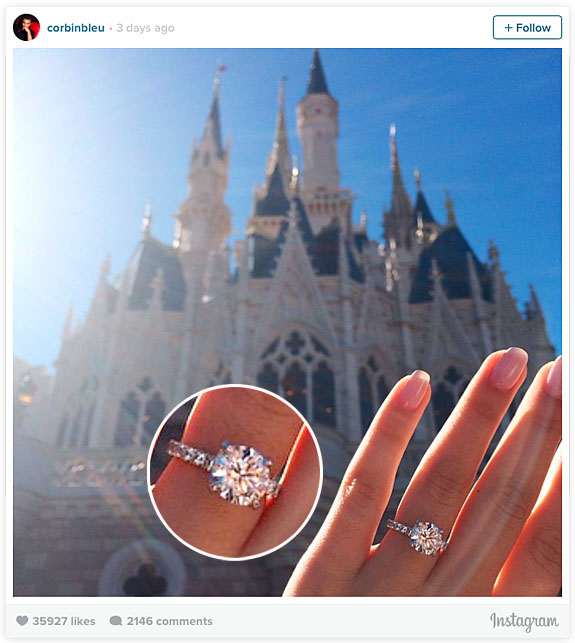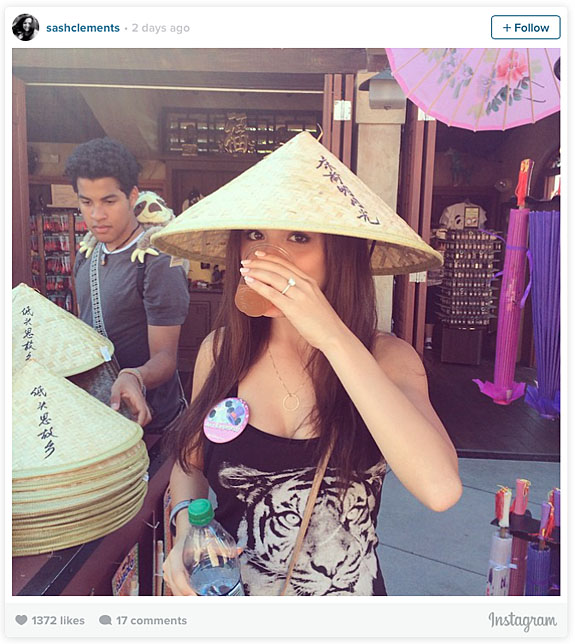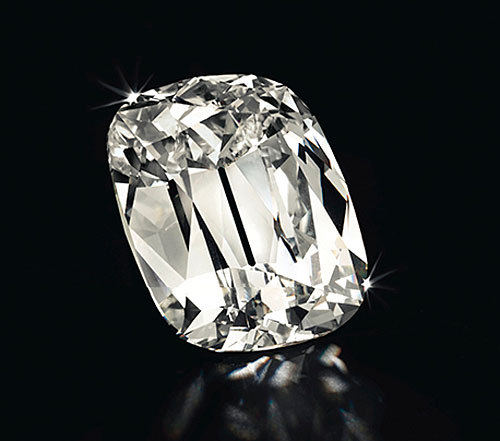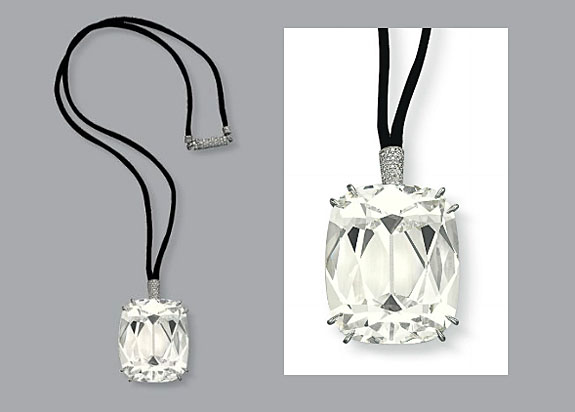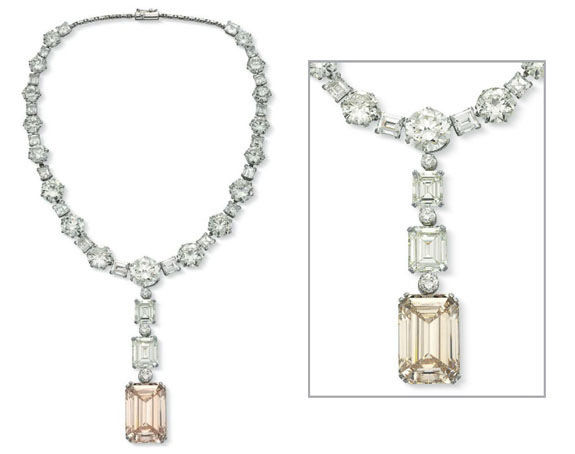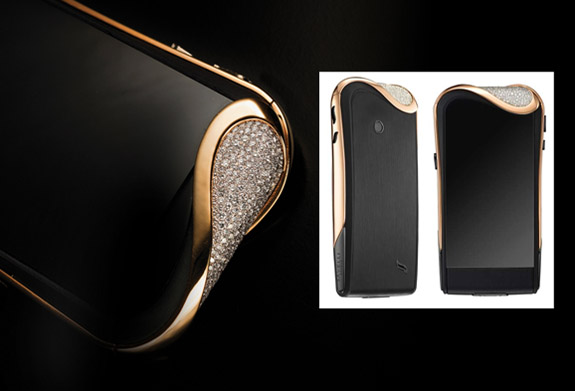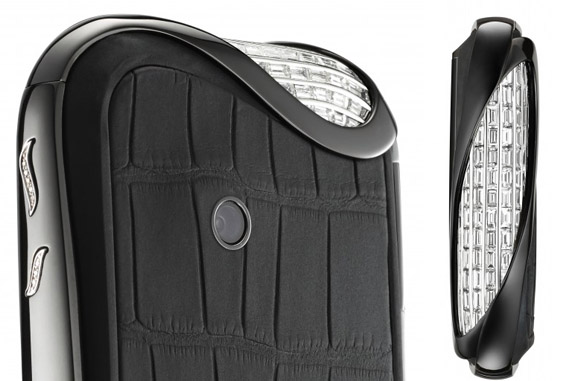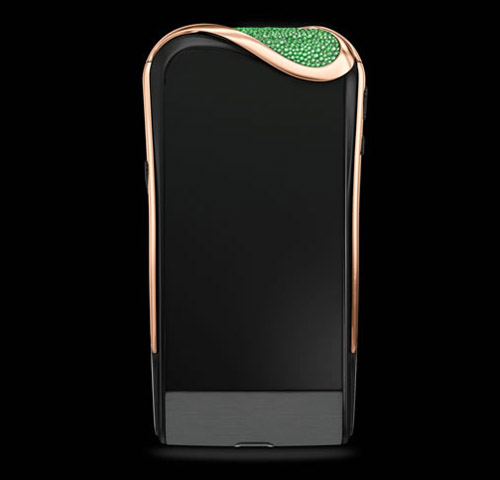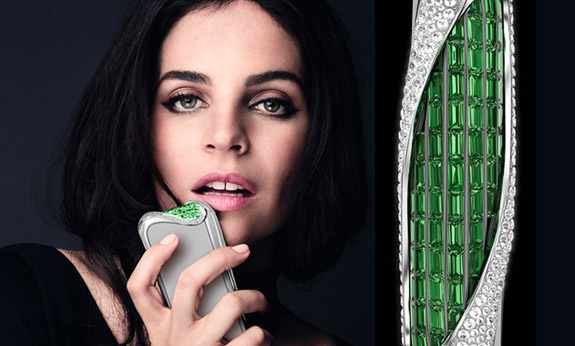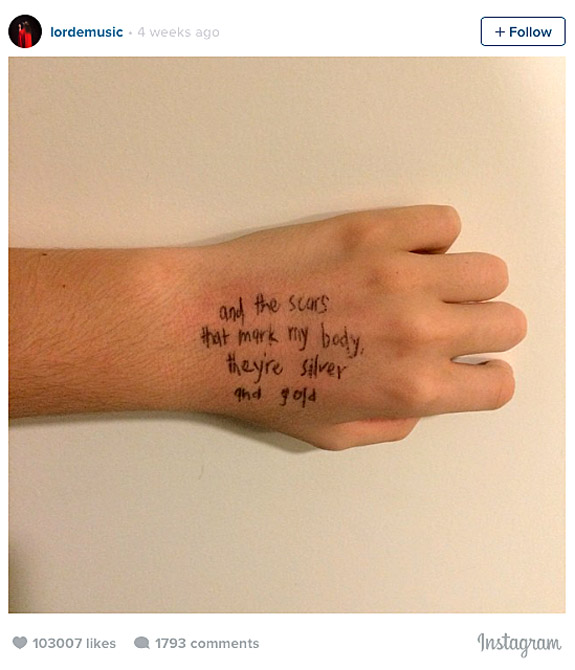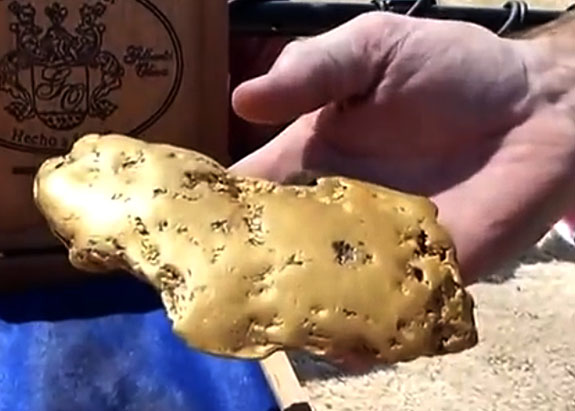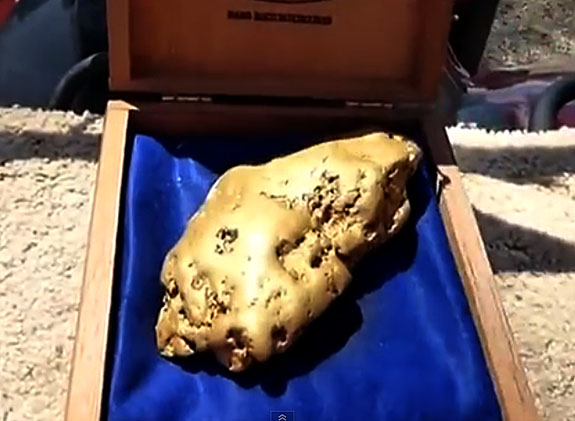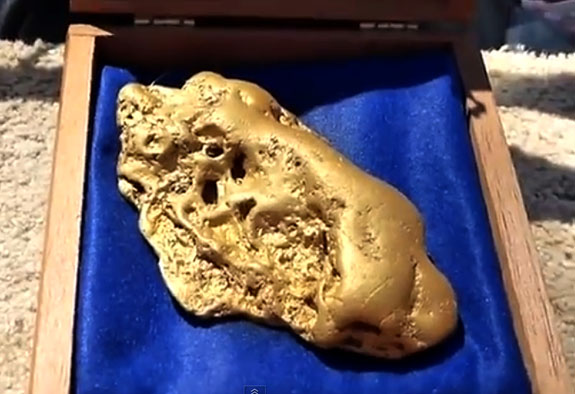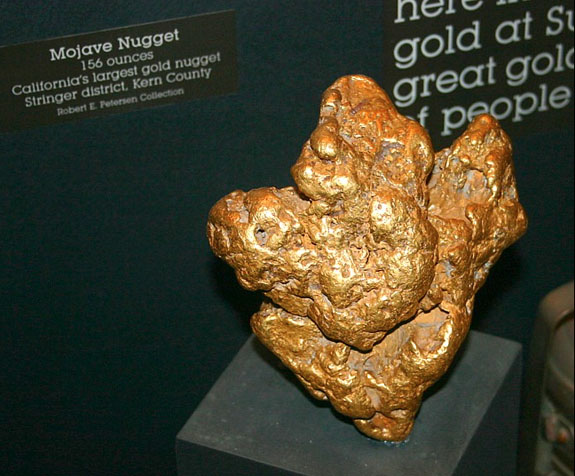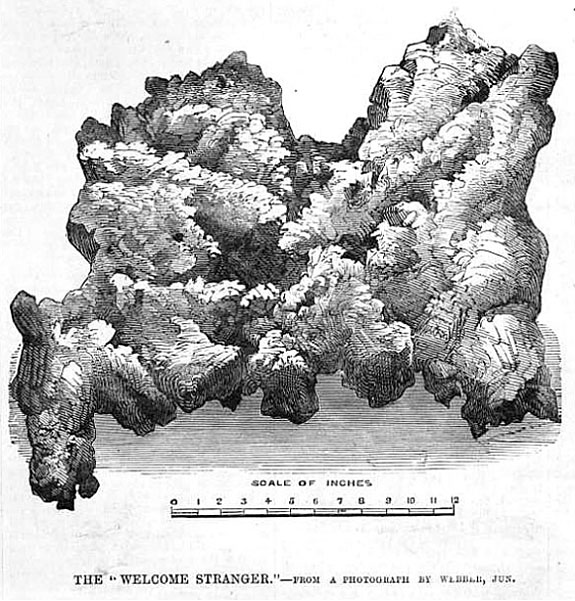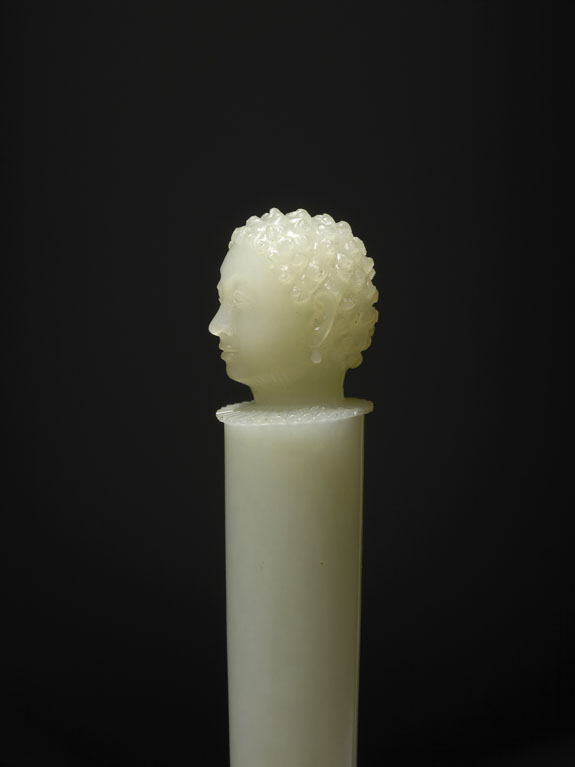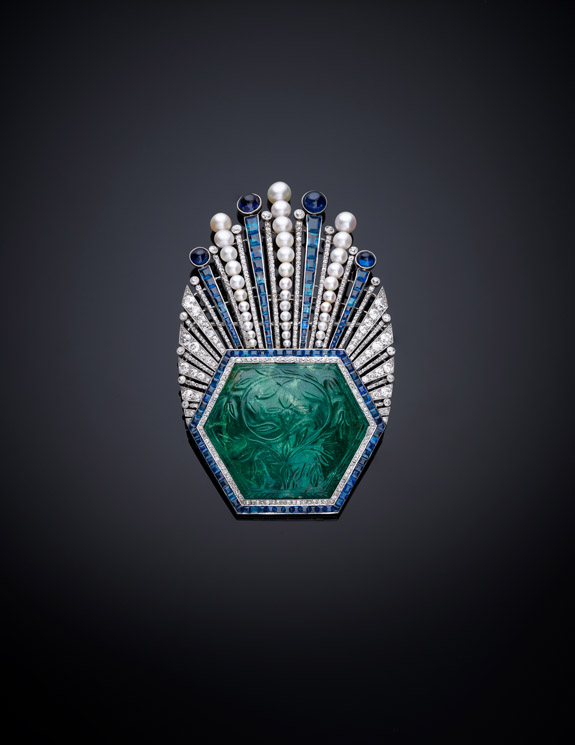October 1st, 2014
Standing 11 inches tall and hailing from San Diego County, California, the “Steamboat” tourmaline is one of the greatest examples of the October birthstone you may ever see.
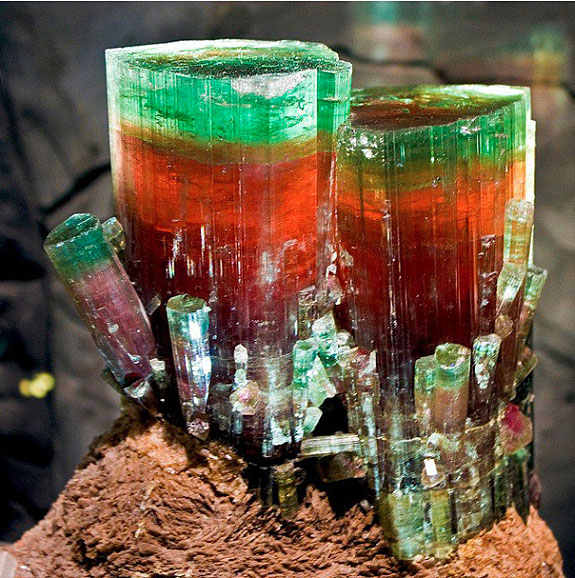
The specimen’s two parallel crystals (which look like steamboat stacks) display a range of vibrant colors that start at vivid reddish-pink at the bottom and transition to a bright bluish-green at the top. The tourmaline crystals rise out of a base of Cleavelandite, which is perched atop a large quartz crystal (not shown).
Frank Barlow Schuyler is credited with discovering the fascinating formation at the Tourmaline King Mine in 1907. Three years earlier, Schuyler and a partner, D.G. Harrington, quite literally stumbled upon an enormous pocket of tourmaline crystals while searching for pegmatite in the Pala Chief Mountains.
Schuyler soon discovered that the tourmaline-rich pocket extended 30 feet in length and 10 feet wide, a single zone that would yield about eight tons of beautiful pink tourmaline. Schuyler would eventually sell most of the bounty to the Imperial Chinese government for $187.50 per pound — a tidy sum in those days.
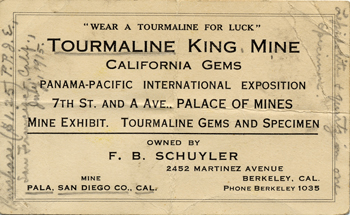
By 1915, Schuyler was still riding the wave of his tourmaline-based good fortune. At the Panama Pacific International Exhibition in San Francisco, the owner of the Tourmaline King Mine marketed his gems with the slogan, “Wear a tourmaline for luck.” See his calling card, above.
The “Steamboat” tourmaline was later purchased by master engineer Washington A. Roebling, who included it in his collection of 16,000 mineral specimens. Roebling was most famous for designing the Brooklyn Bridge.
Roebling’s son, John, donated the “Steamboat” to the Smithsonian Institution, where it is has been on permanent display at the Janet Annenberg Hooker Hall of Geology, Gems, and Minerals, which is part of the National Museum of Natural History in Washington, DC.
Tourmaline shares the honor of being October’s Official Birthstone with opal.
Steamboat image: Courtesy of Hammer + Gem

The specimen’s two parallel crystals (which look like steamboat stacks) display a range of vibrant colors that start at vivid reddish-pink at the bottom and transition to a bright bluish-green at the top. The tourmaline crystals rise out of a base of Cleavelandite, which is perched atop a large quartz crystal (not shown).
Frank Barlow Schuyler is credited with discovering the fascinating formation at the Tourmaline King Mine in 1907. Three years earlier, Schuyler and a partner, D.G. Harrington, quite literally stumbled upon an enormous pocket of tourmaline crystals while searching for pegmatite in the Pala Chief Mountains.
Schuyler soon discovered that the tourmaline-rich pocket extended 30 feet in length and 10 feet wide, a single zone that would yield about eight tons of beautiful pink tourmaline. Schuyler would eventually sell most of the bounty to the Imperial Chinese government for $187.50 per pound — a tidy sum in those days.

By 1915, Schuyler was still riding the wave of his tourmaline-based good fortune. At the Panama Pacific International Exhibition in San Francisco, the owner of the Tourmaline King Mine marketed his gems with the slogan, “Wear a tourmaline for luck.” See his calling card, above.
The “Steamboat” tourmaline was later purchased by master engineer Washington A. Roebling, who included it in his collection of 16,000 mineral specimens. Roebling was most famous for designing the Brooklyn Bridge.
Roebling’s son, John, donated the “Steamboat” to the Smithsonian Institution, where it is has been on permanent display at the Janet Annenberg Hooker Hall of Geology, Gems, and Minerals, which is part of the National Museum of Natural History in Washington, DC.
Tourmaline shares the honor of being October’s Official Birthstone with opal.
Steamboat image: Courtesy of Hammer + Gem
